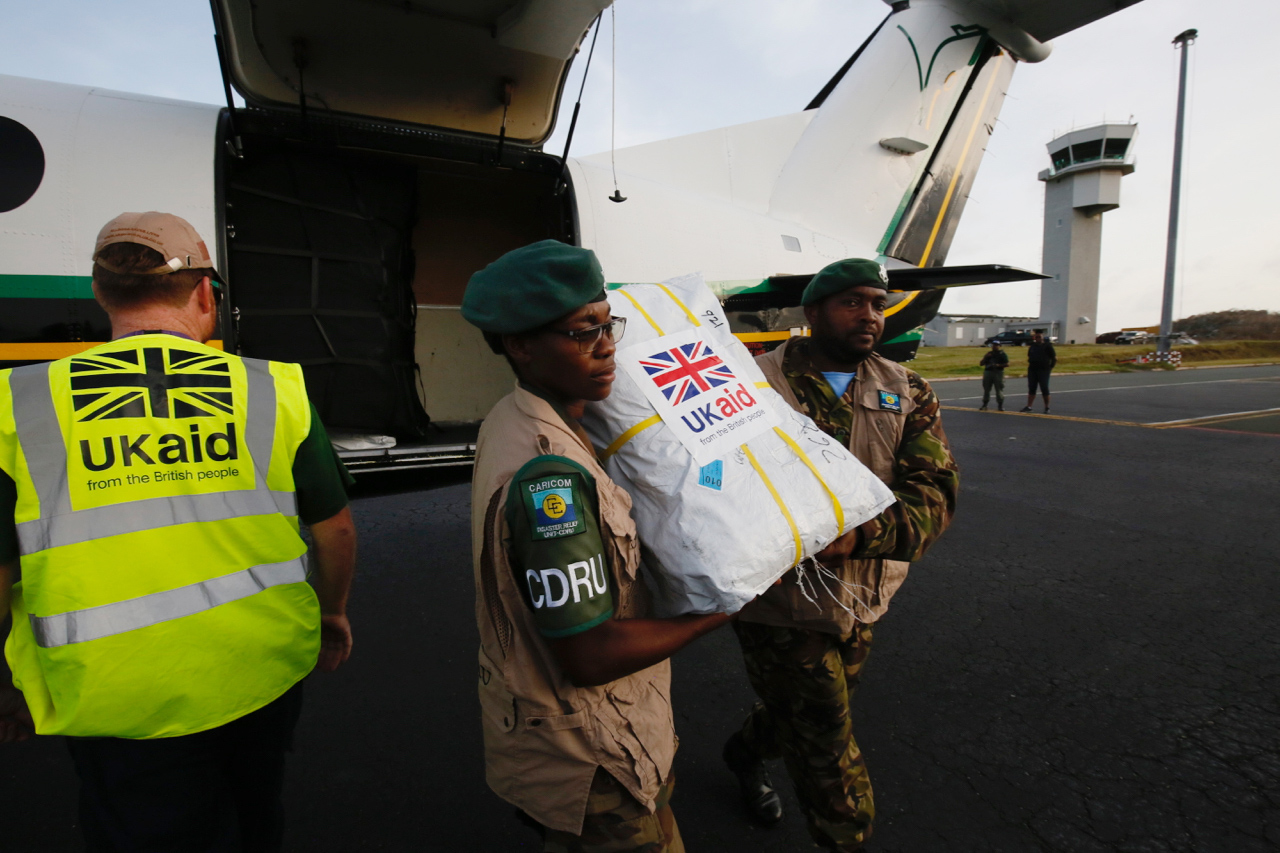by
October 22, 2010
The UK coalition government yesterday announced its spending plans for the next four financial years (to 2014-15). These spending plans are subject to scrutiny and approval by Parliament, though the tradition in Britain is that the spending plans are usually approved without significant amendment.
Overall, this spending review is a seismic political event, which will be talked about for many years to come. It will reduce planned spending by £81 billion ($130 billion) a year, and remove about half a million public sector workers from the government payroll.
In that context, the coalition government’s decision to increase international development spending is remarkable. Here is the Chancellor of the Exchequer, George Osborne:
 In cash terms, Britain’s official development assistance (ODA) will increase by 50% over the four years to 2014. Most of this will continue, as now, to be channelled through the UK Department for International Development (DFID), whose budget will increase by 47% in cash terms (37% after taking account of inflation).
The increase will occur mainly in 2013, when British aid will increase by a third from £9.1bn to £12.0 bn.
In cash terms, Britain’s official development assistance (ODA) will increase by 50% over the four years to 2014. Most of this will continue, as now, to be channelled through the UK Department for International Development (DFID), whose budget will increase by 47% in cash terms (37% after taking account of inflation).
The increase will occur mainly in 2013, when British aid will increase by a third from £9.1bn to £12.0 bn.
 To get a sense of the political priority that development has been given in this spending review, consider that the National Health Service will increase by just 1.3% in real terms over the same four years; and many government departments face reductions of 20% to 30%.
To get a sense of the political priority that development has been given in this spending review, consider that the National Health Service will increase by just 1.3% in real terms over the same four years; and many government departments face reductions of 20% to 30%.
 This is a considerable act of political bravery on the part of the Conservative-Liberal coalition. Today’s Daily Express (see right) is among the British newspapers demanding that, in the context of a spending review in which many public services face declining budgets, aid should be cut too.
The government has defended aid on the grounds that it is both morally right, and in Britain’s interest. They have also said that they will step up efforts to ensure that the aid budget is both transparent and effective. Chancellor George Osborne said that the aid budget is “protected from cuts but not from scrutiny.” The announcements included:
This is a considerable act of political bravery on the part of the Conservative-Liberal coalition. Today’s Daily Express (see right) is among the British newspapers demanding that, in the context of a spending review in which many public services face declining budgets, aid should be cut too.
The government has defended aid on the grounds that it is both morally right, and in Britain’s interest. They have also said that they will step up efforts to ensure that the aid budget is both transparent and effective. Chancellor George Osborne said that the aid budget is “protected from cuts but not from scrutiny.” The announcements included:
I can also confirm that this Coalition Government will be the first British government in history, and the first major country in the world, to honour the United Nations commitment on international aid. The Department for International Development’s budget will rise to £11.5 billion over the next four years. Overseas development will reach 0.7% of national income in 2013. This will halve the number of deaths caused by malaria. It will save the lives of 50,000 women in pregnancy and 250,000 newborn babies. Whether working behind the counter of a charity shop, or volunteering abroad, or contributing taxes to our aid budget, Britons can hold their heads up high and say – even in these difficult times, we will honour the promise we make to the very poorest in our world.The chart below, which shows aid as a share of national income since 1960, shows that this really is historic. Britain will, for the first time, meet the international aid target of 0.7% of national income, joining Denmark, the Netherlands, Norway and Sweden.



- A significant reduction in the admin budget. Running costs (a definition of back-office costs used by the OECD DAC) will be reduced to 2% of total spending by 2015, half the global donor average of 4%.
- A new Independent Commission for Aid Impact will assess all ODA spending to ensure best value for money and effectiveness.
- DFID will end bilateral aid to China and Russia.
We are proud of the fact that we are keeping our promise to spend 0.7% of GNI on aid. However, in the current financial climate, we have a particular duty to show that we are achieving value for money. Results, transparency and accountability will be our watchwords and will define everything we do.Of course, the development experts have quibbles and concerns, such as whether aid will be spent disproportionately in support of Britain’s security priorities, and how DFID will manage a fast rising aid budget while staff numbers are being reduced. These are, in my view, reasonable questions to ask; and I will be among those continuing to ask questions about whether and how aid spending can be used most effectively; but it seems churlish today to focus on these issues rather than the big picture of a substantial demonstration of political and financial commitment to overseas aid. The coalition government should be congratulated for their commitment to the UK’s overseas aid programme, and for their efforts to improve the transparency, accountability and effectiveness of aid to have the maximum possible impact improving the lives of people in developing countries. For more commentary, see
- Lawrence Haddad from IDS
- Claire Melamed from ODI
- Julian Borger in the Guardian on the implications for foreign policy
Disclaimer
CGD blog posts reflect the views of the authors, drawing on prior research and experience in their areas of expertise. CGD is a nonpartisan, independent organization and does not take institutional positions.





